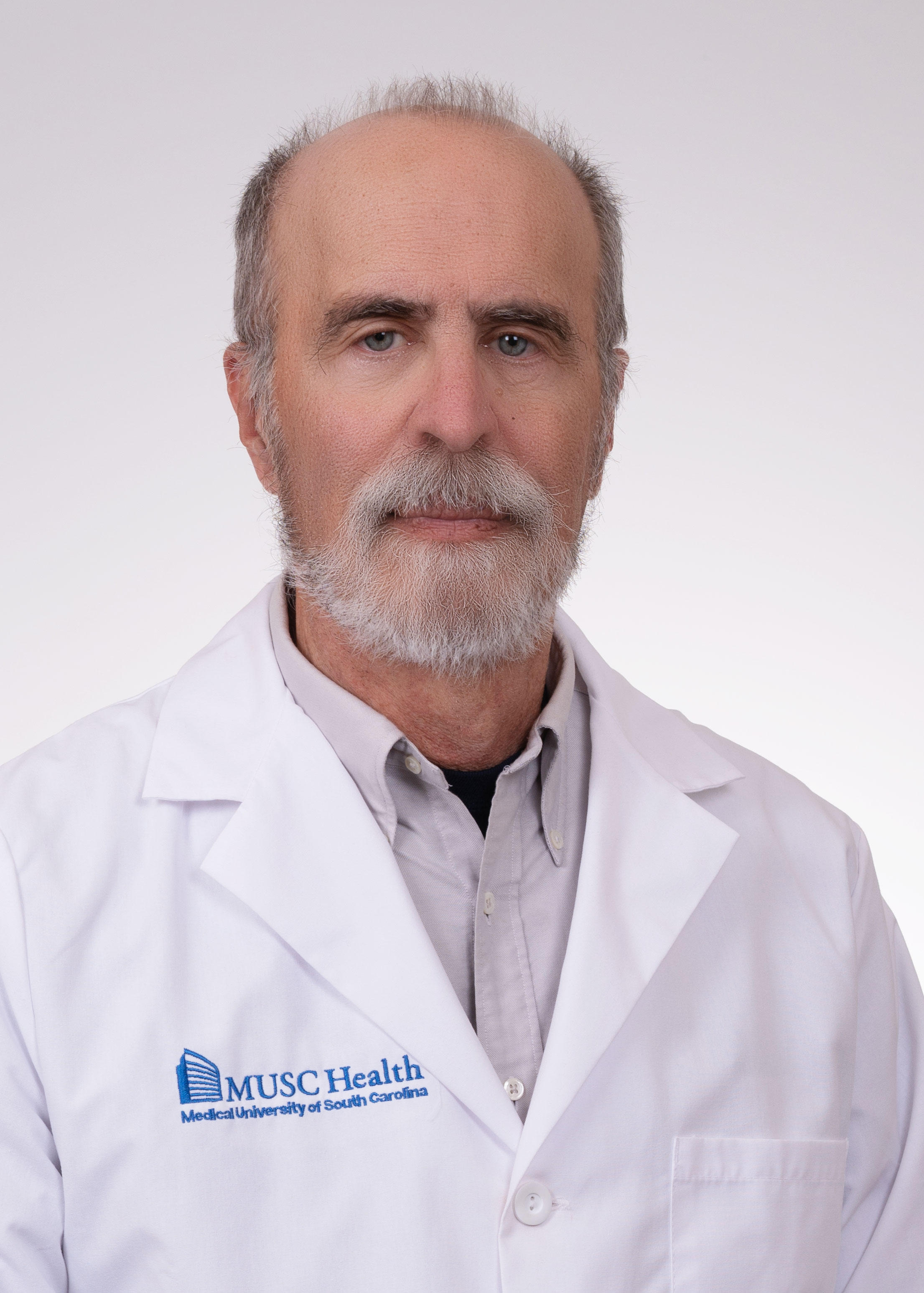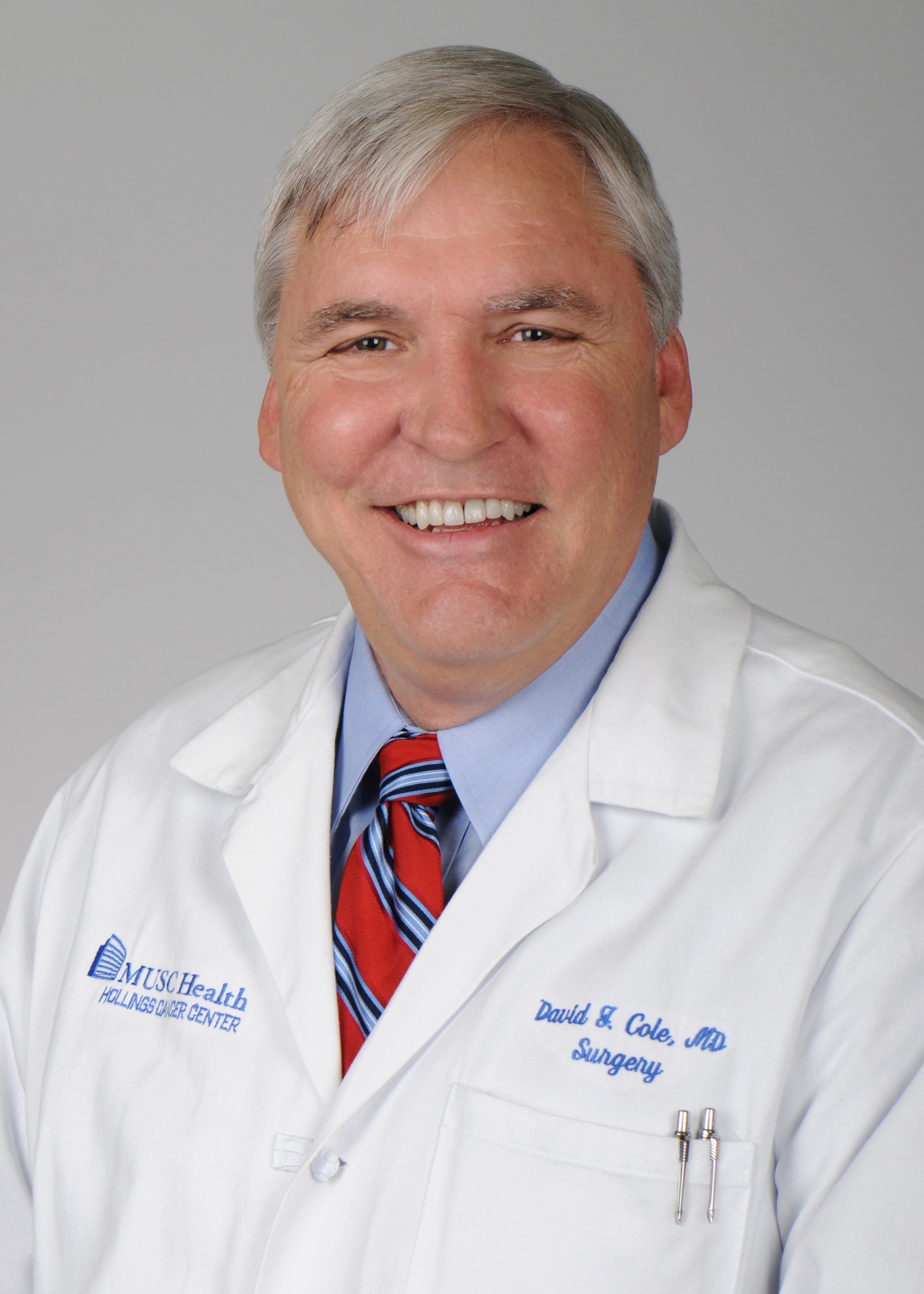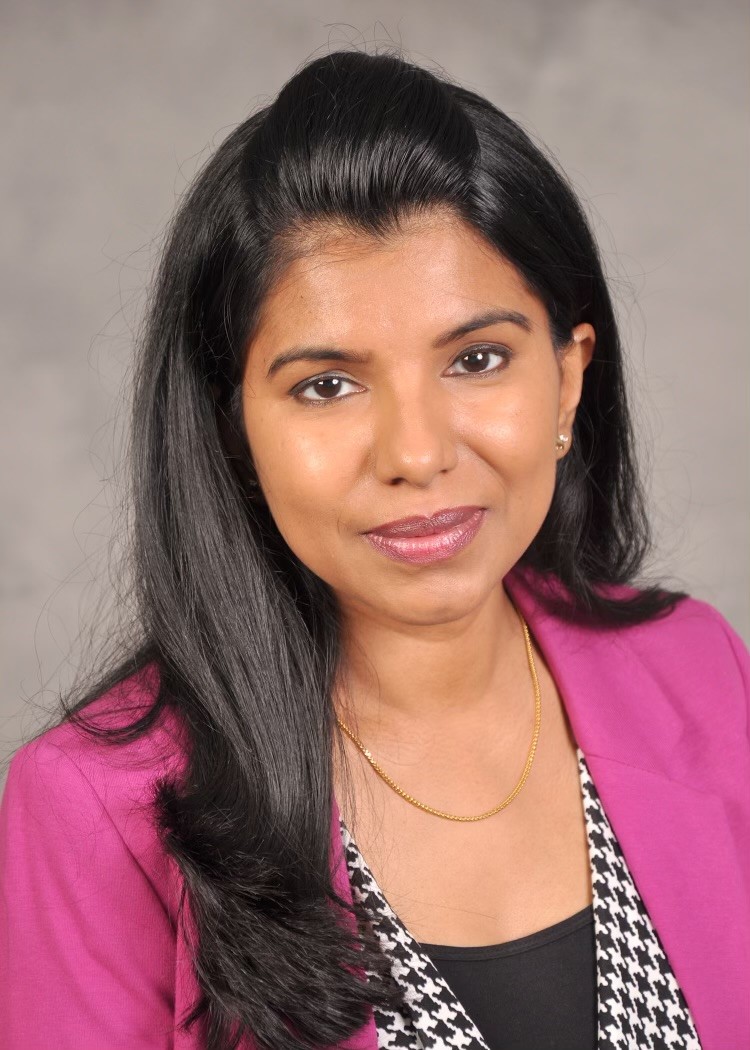
Frank Brescia, MD, MA
- Breast Cancer
- Medical Oncology
- Charleston, SC
- Mount Pleasant, SC
The MUSC Hollings Cancer Center High-Risk Breast Evaluation Program provides advanced screening, detection and treatment of breast cancer to women at high risk for developing the disease.
Unsure if you are at high risk? This program is especially for women who have:
You may be referred to the program by your primary care provider or gynecologist based on that doctor’s assessment of your risk or based on a risk assessment provided on your mammogram report. You can also ask to be seen yourself. Every Hollings mammogram report provides a preliminary lifetime breast cancer risk assessment.
Once you have been taken under the care of the high-risk program, you will get regular follow-ups so that, if breast cancer develops, it should be caught early.
There are a number of things you can do to reduce your risk of breast cancer or to improve your chances of detecting a cancer earlier, which could make it easier to treat. Some of these options come with side effects, so you will decide with your doctor which actions are right for you. Those could include:
For patients with a family history of cancer, genetic testing can help determine how best to reduce risk. Genetic counseling at MUSC Hollings Cancer Center provides you with a quantitative breast cancer and genetic risk assessment, consultation on the pros and cons of genetic testing as well as the coordination of genetic testing and interpretation of test results. Patients who test positive are then followed in the Hollings Hereditary Cancer Clinic.
For people with a cancer risk gene, this clinic can help organize your follow-up care and minimize your risk. Genetic mutations that may be passed down through families can put you at higher risk for breast cancer. Some of these mutations can cause different types of cancer. For example, a mutation in the CHEK2 gene can increase the risk of colorectal cancer and breast cancer.
The Hollings Hereditary Cancer Clinic can help you to understand your genetic risk of cancer and steps that you can take to prevent cancer or find it earlier.
MUSC Health has been recognized as High Performing in Cancer care in the 2025–2026 U.S. News & World Report rankings. This honor underscores our advanced expertise and dedication to providing patients with innovative treatments and personalized care.









